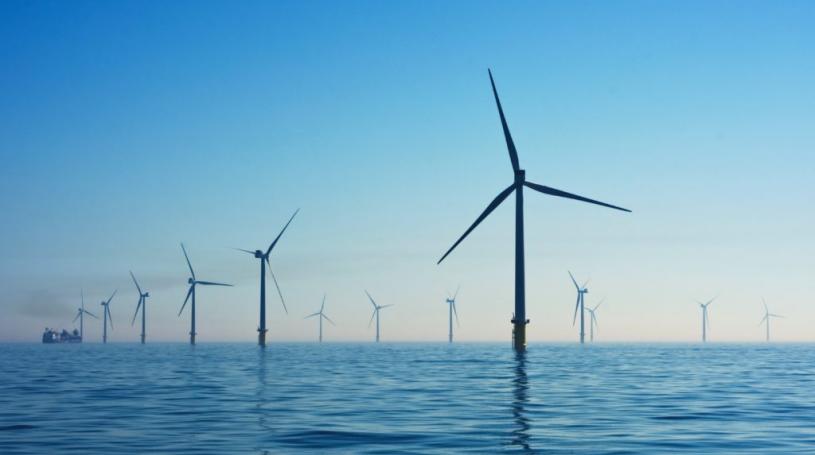The Guardian |UK Electricity From Renewables Outpaces Gas And Coal Power
In 2020 wind turbines provided almost a quarter of electricity, and in EU renewable energy outperformed fossil fuels
The UK’s renewable electricity outpaced its fossil fuel generation for the first time in 2020 and could remain the largest source of electricity in the future, according to an independent climate thinktank.
The thinktank behind the report, Ember, revealed that renewable energy generated by wind, sunlight, water and wood made up 42% of the UK’s electricity last year compared with 41% generated from gas and coal plants together.
Although renewable energy has overtaken fossil fuels during the summer months before, 2020 was the first time that renewables were the main source of the UK’s electricity over a year.
Renewable energy also outperformed fossil fuels across the EU for the first time, according to the report, following a collapse in the use of coal last year.
Ember said the UK’s growing stable of windfarms was one of the main reasons for the country’s renewable record. Almost a quarter of the UK’s electricity was generated by wind turbines last year, double the share of wind power in 2015 and up from a fifth of the UK’s electricity in 2019.
By contrast, electricity from gas-fired power plants fell to a five-year low of 37% of the UK’s electricity, while coal power plants made up just 2% of the electricity mix.
Charles Moore, the programme leader at Ember, said: “With Boris’s 40GW 2030 offshore wind target, gas generation is set for further rapid declines over the 2020s. It is clear the UK has started its journey towards gas power phase-out in 2035 as recommended by the Climate Change Committee.”
The report found that solar and hydro power generated 4% and 2% of the UK’s electricity respectively last year, which was unchanged compared with the year before.
Bioenergy, which is power generated by burning wood pellets, grew slightly to make up 12% of the UK’s electricity, raising concerns over the use of an energy source “with a high risk of negative climate and environmental impacts”.
Moore said: “We view bioenergy as a much higher risk form of renewable energy, for both climate and environmental outcomes, than the other forms such as wind and solar.”

